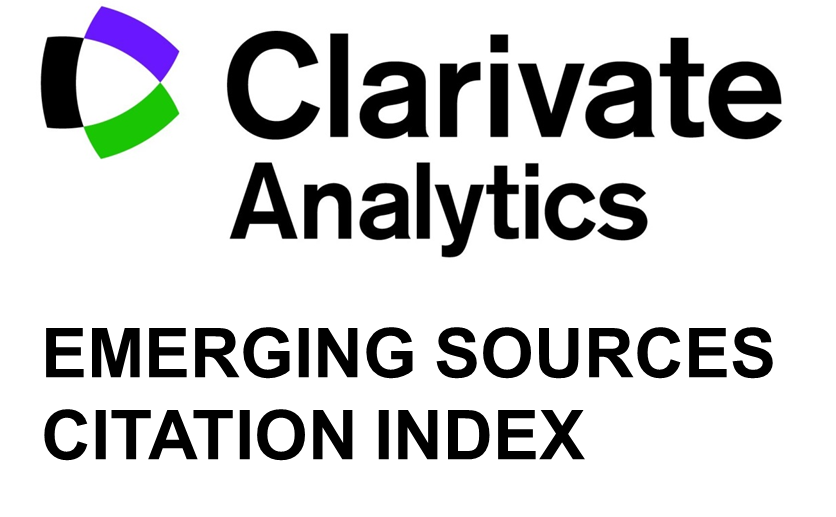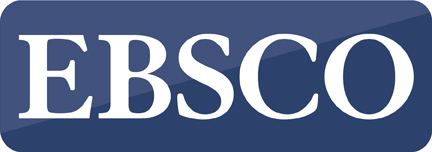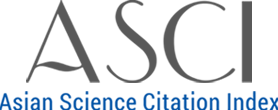Leadership role of the Human Resources department in crisis situations: the case of COVID-19 pandemic
Keywords:
leadership, HR department, employees, crisis situation, organizational behaviorAbstract
The paper points out the leading role of the HR department in crisis situations, with special emphasis on the crisis caused by the COVID-19 pandemic, which affected the whole world in early 2020. Regardless of the intensity and form in which they occur, crises threaten the functioning and survival of organizations.
The HR department is an important factor in the successful functioning of organizations and, in a period of crisis, this department takes a leading role in the process of crisis management and subsequent recovery. During COVID-19 pandemic, the HR department of every organization had to confront new challenges in order to protect the health of employees, while ensuring the normal functioning of organizations.
In order to find out how this department dealt with crisis that occurred, empirical research with a specially designed questionnaire was conducted and filled in by 108 respondents from Serbia, Bosnia and Herzegovina, and Croatia in 2020.
The research results showed that HR department has taken a leading role in preserving the health and safety of employees, as well as in the process of adapting organizations to function in crisis conditions. According to results, the key activities carried out by the HR department in organizations are work from home (wherever the nature of the work allowed), flexible working hours, reorganization of the working space to achieve the required physical distance between employees, improved hygiene measures, etc. In addition, the research results showed that, during the global COVID-19 pandemic, the HR departments took an active role in providing psychological assistance to employees to adapt to new conditions and ways of working.
Downloads
Published
Issue
Section
License
Copyright (c) 2022 Jelena Lukić Nikolić, Snežana Lazarević, Jamila Jaganjac

This work is licensed under a Creative Commons Attribution 4.0 International License.














